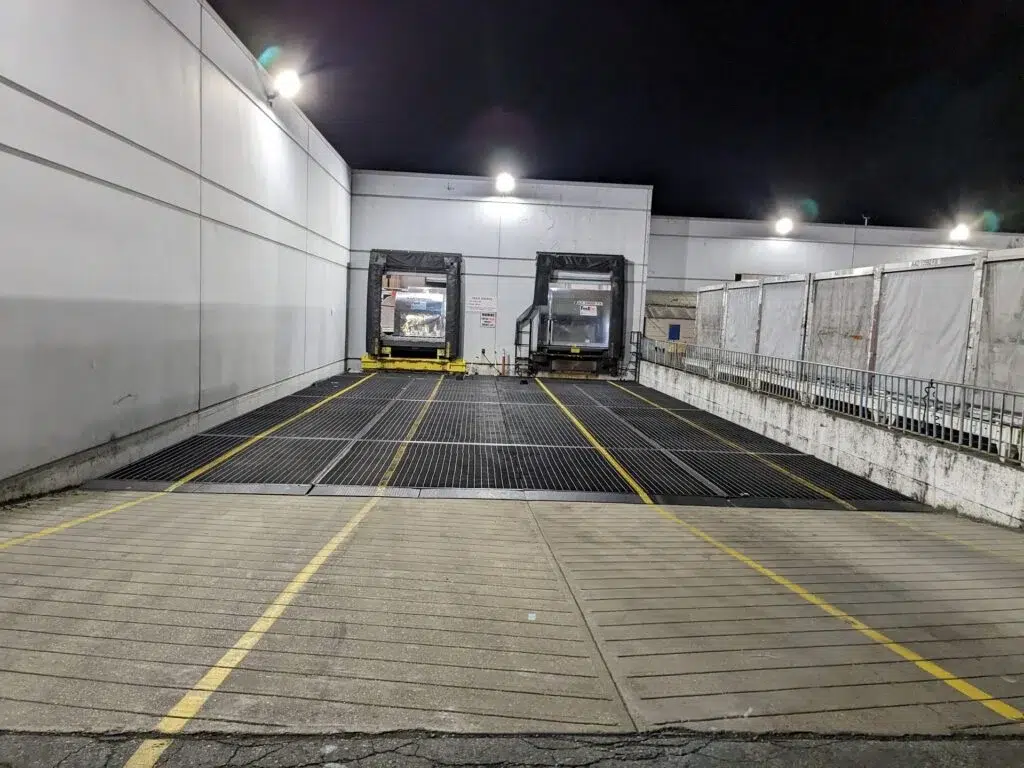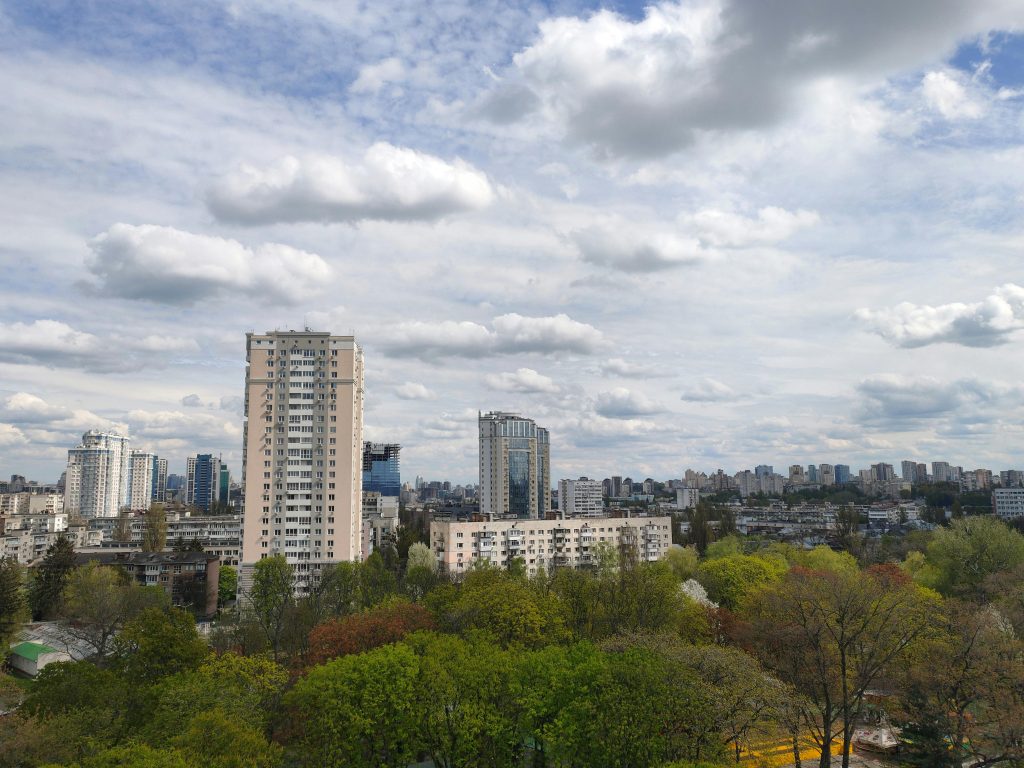Music has always been a huge part of the United Kingdom’s culture. From Brytten to the Beatles, it has also formed a large part of the cultural economy. Yet voices are forecasting doom and gloom for the music ecosystem due to the closure of venues. But is music dying, or are venues simply evolving?
The State of Grass Roots Venues in the United Kingdom
Ask any operator of a small music venue, if they have managed to remain open, and they will tell you about the decline of the grass roots venue in the United Kingdom. These once hallowed halls were the place the biggest acts cut their teeth. From Radiohead to Simply Red, all manner of weird and wonderful things have come through their doors. Yet the future looks bleak. Many have already closed, and the Music Venue Trust has warned that a further 350 could follow. This will result in 75,000 events being cancelled, with 12,000 jobs at risk, and the demise of the UK music scene.
There are many factors at play, but the straw that breaks the camels back could be a reduction in business tax relief. This is currently at 75% but will drop to 40%. In 2002, the Music Venue Trust discussed how the sector had a turnover of £500 million but only managed a profit of 0.2%. It is expected that this change will be disastrous.
In the past few years, some of the most iconic venues in the United Kingdom have closed or struggled to stay open. Take Manchester’s Band on the Wall. The venue has a historic past dating to 1803. Its name comes from its wall-mounted stage that has hosted everything from afrobeat to indie bands.
The likes of Joy Division and Tony Allen have graced its unique set-up. Almost facing closure some years ago, it is now operated by a charity known as Inner City Music Ltd. Just around the corner, the famous Night and Day Cafe venue has also faced problems and has been in a long legal battle with changes to rules regarding noise. This is just a small area of one major city, which shows how much harder it is for those in small towns and areas.
What Are the Alternatives?

Despite these pressures, the people playing live music are still plentiful. There is one argument that venues are evolving. The place that was once reserved for music alone may be a romantic concept that has become dated in today’s day and age. It is a bitter pill to swallow, but it may be true. So what are the alternatives?
Big stadiums are doing fantastic with their highly priced tickets. In fact, they are doing so well that a levy has been suggested on ticket prices. This would go to the maintenance of grassroots venues. Stadium gigs and their acts could also play a part. It would not be out of the question to give half an hour before the headline act and main support to a local up-and-coming band to cut their teeth.
One entertainment sector that is flourishing is the casino industry. It has been buoyed across the world by the introduction of online casinos, allowing people to play slots and table games. Even in new jurisdictions, they are slowly becoming one of the major forms of entertainment. For example, you can read a post about Ontario online casinos at bonus.ca and see how many are thriving in this new area. This online arena has actually increased footfall in physical casinos.
These buildings are more than just a place for table games and slot machines. They have hospitality and are often used for more than games. These areas could be used as go-to gig venues. There may be some regulatory complications with gigs involving those under 18, but if it works in Las Vegas, why couldn’t it work on the UK high street?
Bands Skipping Cities on Tour
Touring bands and singers are now doing half as many gigs as they did before, venturing out to only the biggest cities. This is leaving many parts of the United Kingdom a cultural desert. An average tour now consists of around 11 shows, half the total of 24 that were prevalent thirty years ago.
Fans now have to traverse large distances to major cities. This is pricing many people out of live music. Once travel costs are included, with the rising price of food, drink, and accommodation, a gig just becomes untenable. This is the same for bands. Fuel has gone up; band members need to be paid and fed. One way to reduce these costs is to do fewer shows.
One option could be to cut the VAT on gig tickets. It is 10% of the content in places like Germany and France, yet 20% in the United Kingdom.
The truth is that it is not just outside factors that are closing UK venues. The way people consume entertainment and music has changed. Once, the choice was to stay at home and watch four television channels or venture out to see entertainment. This usually consisted of the cinema, theatre, or live music. Now, we have streaming television, videogames, and a host of other entertainment types. They are keeping people at home. When going out gets expensive, these options become more attractive.
Music has also become more fragmented. Bands and artists were once a rarity, and if you didn’t catch them on tour in your local town, then buying them on record was your only connection. Bands are now releasing music at a rate of knots. Without record companies, anyone can release a record. There are so many people to choose from, and perhaps not enough listeners out there. While grass roots venues are still vital, it may be time to start thinking about how and why music has evolved.





















